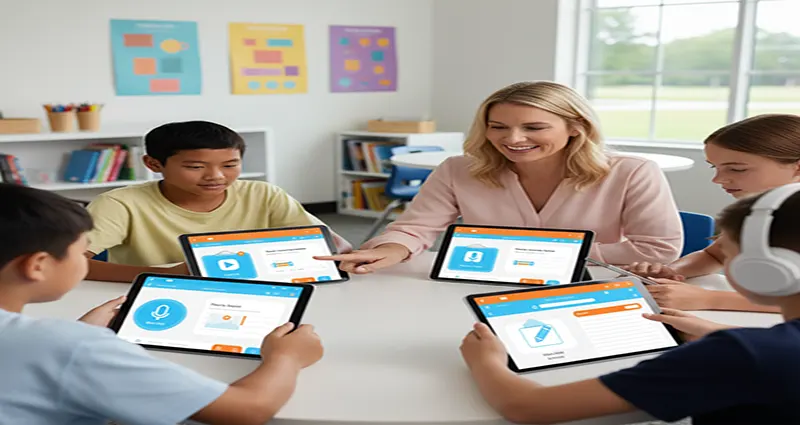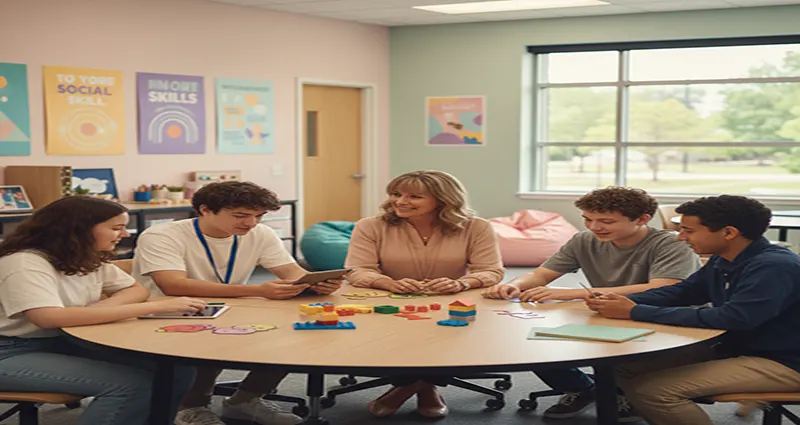Tech-Enabled Learning: Essential Assistive Technology Apps for Dysgraphia and Dyslexia
For students navigating the learning environment with dyslexia (reading difficulties) and dysgraphia (writing difficulties), traditional academic methods can be frustrating and exhausting. These differences can create significant barriers to expressing knowledge and processing information. Fortunately, modern assistive technology (AT) apps act as transformative tools, effectively leveling the playing field by promoting independence, fostering academic success, and rebuilding crucial self-confidence.
Empowering Dyslexic Readers
For students who struggle with decoding and reading fluency, AT provides an auditory pathway to content. Text-to-Speech (TTS) Readers are essential, converting any digital text—from articles and PDFs to emails—into clear, synthesized speech. Apps like Speechify or the accessibility features built into operating systems (like Microsoft’s Immersive Reader) often feature synchronized highlighting, allowing the student to follow the text visually while listening, which greatly aids comprehension and reduces reading fatigue. Furthermore, specialized platforms like Bookshare provide access to an enormous library of titles in accessible digital formats, … Continue reading >>>














